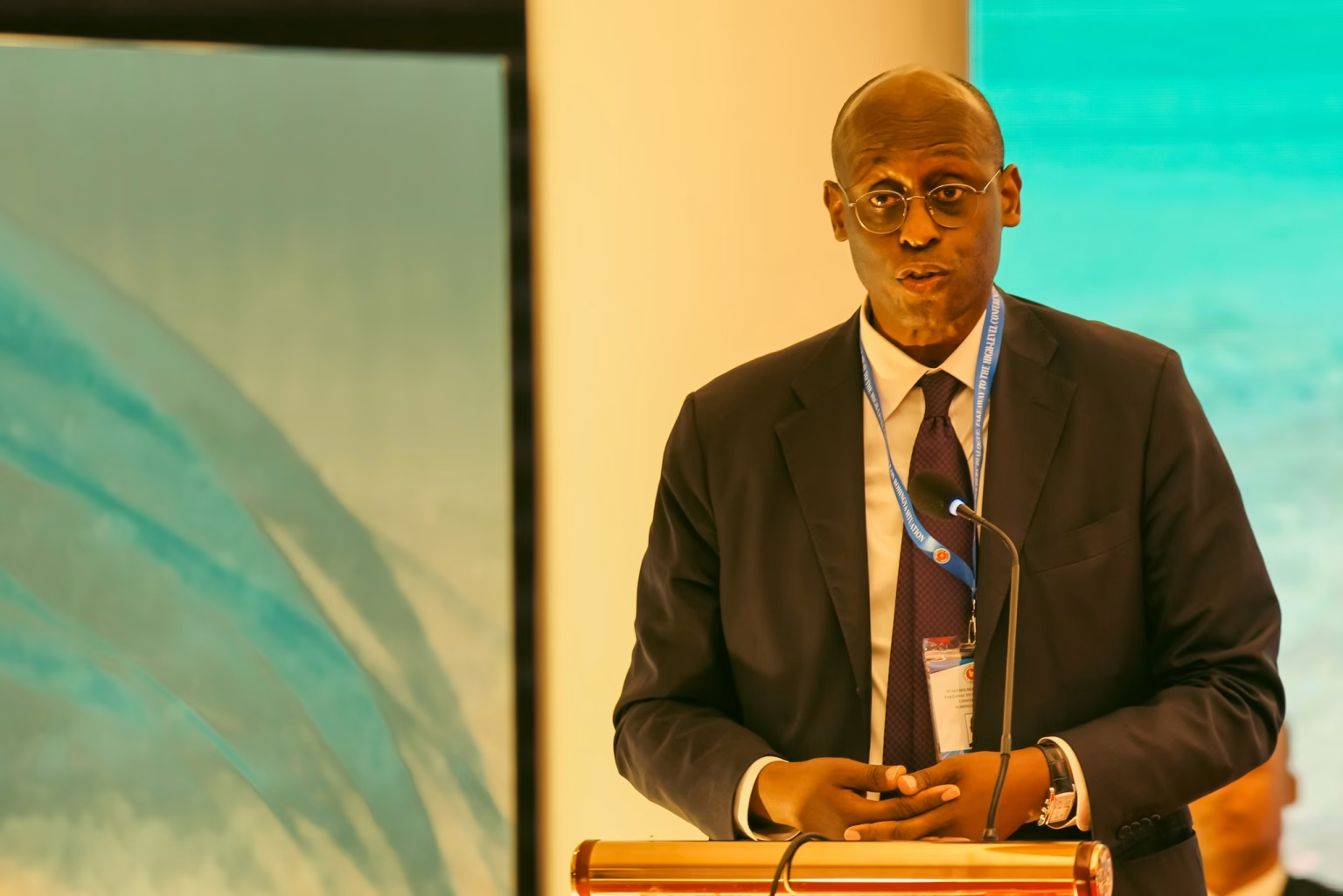United Nations Assistant Secretary-General and UNHCR Assistant High Commissioner for Operations Raouf Mazou on Monday said a political solution to the Rohingya crisis in Myanmar must be found and the United Nations (UN), led by the Secretary-General and his Special Envoy, continues to work in support of these efforts.
“In order to start recreating conditions for the return of refugees, dialogue with all parties is a critical first step. Rights must be respected and, as the Secretary-General said, civilians must be protected,” he said, while speaking at the ‘Stakeholders’ Dialogue’ on the Rohingya situation, reports UNB.
Mazou, however, said much more needs to be done by a multiplicity of actors, including regional bodies and neighboring states, for peace to return to Myanmar and more specifically the Rakhine State.
“The consultations we are having today, facilitated by the High Representative, are therefore essential to chart a way forward – in which the wellbeing of Rohingya refugees, particularly women, children and youths, should remain central,” he said.
It prepares for the high-level conference on the situation of Rohingya and other Muslim minorities planned for September 30, 2025 during the United Nations General Assembly high-level segment.
“The voluntary return in conditions of safety and dignity remains the most desirable solution and the responsibility to create the conditions for it to happen lies squarely on Myanmar,” Mazou said.
Eight long years have passed since 700,000 Rohingya were compelled to flee Myanmar to Bangladesh, pushed by unspeakable violence and human rights violations in Myanmar’s Rakhine state. They are presently over 1.3 million in Bangladesh.
In a world where the right of asylum is sometimes questioned, Mazou said Bangladesh’s response has been remarkable, with local populations welcoming those in desperate need despite the difficult circumstances in which they sometimes find themselves.
The international community has played its role, providing hundreds of millions of dollars to respond to the humanitarian needs of refugees in Cox’s Bazar and in Bhasan Char.
“However, as the situation has prolonged, and the number of forcibly displaced has continued to increase around the world, reaching 120 million by the end of 2024, it has become increasingly difficult to mobilise the resources required,” said Mazou.
As of today, the funding of the Joint Response Plan stands at approximately 60%.
“While the continued provision of food assistance could be secured until December the availability of LPG beyond September is uncertain. Services such as education and health have already been reduced,” Mazou said.
He said it is essential that, as Bangladesh continues to provide a global public good, the required funding is made available in the spirit of burden-sharing, reaffirmed by the Global Compact on Refugees. “Merely providing humanitarian assistance neither constitutes a solution nor ensures protection,” Mazou said.
There are an estimated 3.5 million internally displaced persons in Myanmar, and in the past 18 months alone, 150,000 more Rohingya have fled targeted violence to Bangladesh.
“A comprehensive response continues to be required to meet individual needs in a manner that helps prepare for the eventual return because long-term dependency on humanitarian assistance does not prepare Rohingya refugees for the part they ought to play in the reconstruction of their country once they return,” Mazou said.
“We need more innovative approaches that accommodate the need for refugees to retain their ability to play an active role in the reconstruction of their country while not creating conditions that would make the eventual return elusive,” he said.
Mazou said their presence in Cox’s Bazar today is a clear indication of our determination to be by the side of the refugees, represented in this meeting – as well as the government and people of Bangladesh and be part of the solution.
A situation involving over one million displaced persons cannot be left to morph into a regional crisis affecting all countries in the region, he said.
Chief Adviser Prof Muhammad Yunus spoke at the event as the chief guest.
High Representative for the Rohingya Issue and National Security Adviser Dr Khalilur Rahman, Disaster Management and Relief Adviser Faruk E Azam, Bir Protik, Foreign Secretary Asad Alam Siam, among others, also spoke.


